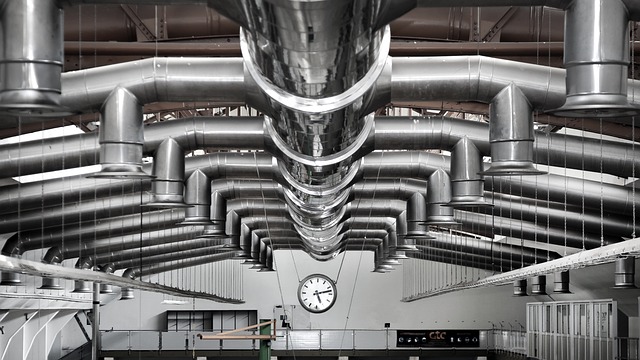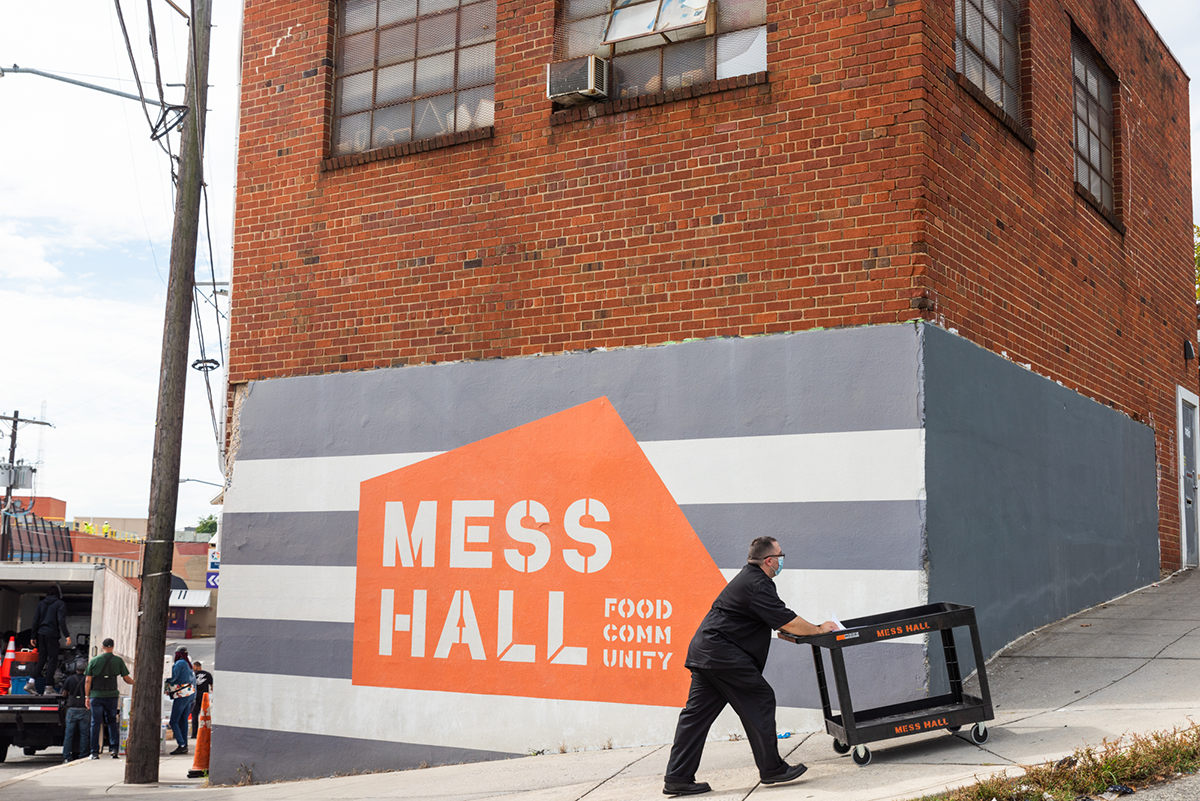When it comes to buying a new boiler, things are not always as straightforward as we would like them to be. Ideally, though, you are reading this piece at a time when the weather is not too bad, and it is a conscious choice to be prepared for next winter – and not that you have been thrown into the decision that has been made for you in the middle of the freezing cold by a boiler breakdown.
Whichever situation you are in, you will still want to know important information on what you need to consider when buying a new boiler, which is exactly what this piece is here to help you do!
Research Reliable Boiler Brands
The last thing you want when you are purchasing a new boiler is to face infinite repairs and breakdowns. As many of us have experienced, new does not necessarily mean good, so this is where crucial research needs to take place to make sure you are off to a fighting start.
Which? consumer organization ran their own survey that offered data onboiler brands that showed 63% of boilers from specific brands are more likely to last six and a half years without any faults or interruptions. Another set of brands dropped down to 45% of being fault-free, which is not what you want to be dealing with.
Speak to A Professional
When searching for an opinion when making a decision, it is always best to go straight to the people who know what they are talking about. While it is worth bearing in mind that some engineers will also have a sales agenda, many will only want to give you some excellent insider advice which can not only save you a significant amount of money but quite possibly a lot of hassle too. Contact heating engineers Stafford if you are looking for some genuine advice from the professionals.
What Type of Boiler Are You Opting For?
There are three main types of boilers, and each of them come with their own pros and cons:
- A conventional boiler uses a hot water tank that stores water to use later – these are also known as heat-only boilers.
- A combination boiler (also known as a combiboiler) only heats the water as and when you need to use it, which reduces the need for water storage.
- A system boiler works like a traditional boiler but has additional parts and components built inside, which saves on space.
There are a few means of determining which boiler might be right for you. The first one to look at is size. Are you in a one-bedroom flat, with just yourself or one other person? Or are you part of a four-bedroom house with a full family?
For those who are living alone or with one other person, a combi boiler would be the best option for both saving space and also being eco-friendly. Whereas if you have a full house, a system or conventional boiler will offer you a better chance of not having fights over hot water!




